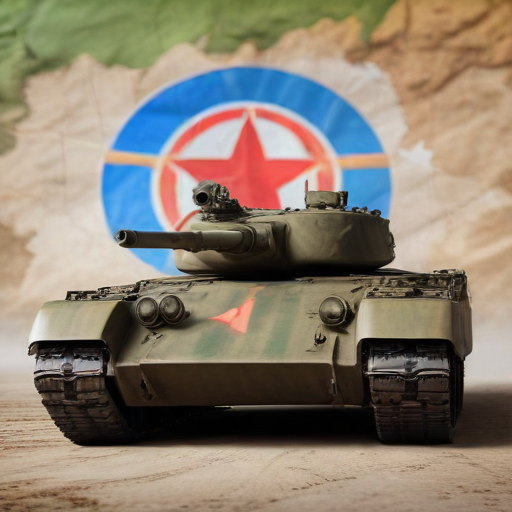There is growing speculation regarding the potential involvement of North Korean troops in Ukraine as part of Russia’s military efforts. Initially, when rumors surfaced in October about North Korea providing support, many believed their role would be limited due to a lack of battlefield experience. However, reports from the U.S. and Ukraine have claimed that North Korean forces have already engaged in combat, prompting a reassessment of their potential effectiveness and roles in the conflict.
Originally estimated at around 11,000 troops by the Pentagon, some analysts now suggest that the actual deployment from Pyongyang could be as high as 100,000. This discrepancy highlights the challenges of obtaining accurate information, as both the Russian and North Korean governments have remained silent on these claims.
Assessing the effectiveness of North Korean troops in Ukraine proves to be complicated. The Korean People’s Army (KPA) boasts a significant number of active soldiers, yet it lacks recent combat experience. Experts note that while the troops are highly indoctrinated, their readiness levels may be low. However, reports indicate that the troops sent to Russia could comprise some of the KPA’s elite forces, particularly from a specialized unit known as the Storm Corps, which excels in infiltration and sabotage. Analysts suggest that these forces might be better equipped for combat than standard North Korean units but still face challenges due to differences in language and military systems.
The partnership between Russia and North Korea appears to stem from mutual needs: Russia seeks additional manpower for its ongoing conflict, while North Korea is likely motivated by the financial gains and potential access to Russian military technology. North Korea could reportedly benefit financially from this arrangement, earning about $2,000 per soldier per month, which would significantly bolster its economy amid ongoing sanctions.
However, South Korean officials have expressed concerns over this development, as it marks a growing military collaboration between two isolated nations. The geopolitical implications of North Korean forces in Ukraine may heighten tensions in the region, emphasizing the need for vigilance and strategic responses from South Korean and allied defense entities.
While the situation remains uncertain, there is a sense of adaptability in the face of evolving challenges. The involvement of North Korean troops, despite their current limitations, may reflect a broader effort by both Moscow and Pyongyang to bolster their military capabilities and leverage their respective strengths.
This situation underscores the complex dynamics of the region, illustrating how countries navigate intricate geopolitical landscapes. As the conflict in Ukraine continues to evolve, it serves as a reminder of the interconnectedness of international relations and the necessity for ongoing assessment and dialogue among nations.
